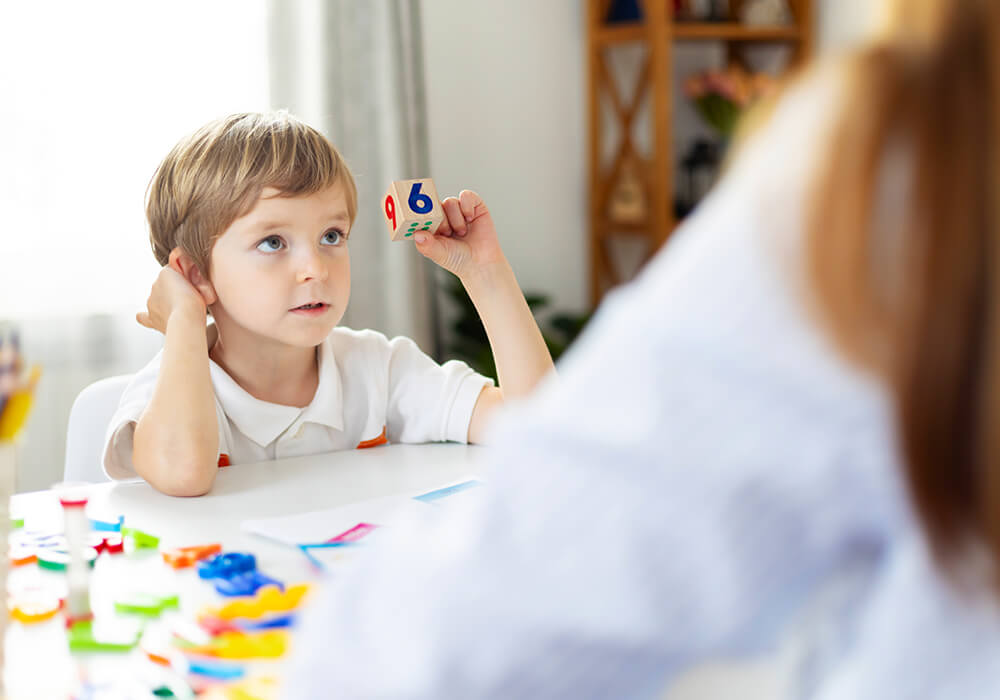Understanding Language Development in Children
Language plays a crucial role in a child’s learning, relationships, and overall confidence. When a child has difficulty understanding others (receptive language) or expressing themselves using words and sentences (expressive language), they may benefit from expressive and receptive language therapy. These challenges are often referred to as a language development delay or, in some cases, a developmental language disorder (DLD).
At Look Who’s Talking SLP, we support children across Sinagra and Perth’s northern suburbs who are experiencing difficulties with language. Our team is experienced in working with late talkers, toddlers with limited vocabulary, and school-aged children who are struggling with comprehension, sentence structure, and vocabulary growth. Using Gestalt Language Processing strategies and taking a neuro-affirming approach, we celebrate and respect each child’s unique way of communicating. Whether your child is missing early milestones or having trouble keeping up with classroom demands, we provide individualised support to build their language skills in a way that is engaging, practical, and tailored to their needs.
Our language therapy can be delivered in-clinic, via Telehealth, or through school and home visits. Our services are available to both private and NDIS participants.
Signs Your Child May Need Language Support
You may benefit from booking an assessment if your child:
- Has difficulty following instructions or understanding questions
- Uses fewer words or shorter sentences than peers
- Struggles to express ideas clearly or tell stories
- Mixes up word order or leaves out important words
- Shows signs of a language development delay (e.g., slow vocabulary growth)
- Doesn’t respond consistently to verbal prompts or questions
- Becomes easily frustrated when trying to communicate
- Has trouble learning new words or using correct grammar
- Has been diagnosed with or shows traits of a developmental language disorder (DLD)
These challenges can affect both academic performance and social interaction — but with the right support, children can make amazing progress.


How We Help
At Look Who’s Talking SLP, we begin with a comprehensive assessment to understand your child’s language strengths and challenges. Our expressive and receptive language therapy targets both how your child understands language and how they use it to express their thoughts, needs, and ideas. We create personalised therapy plans using evidence-based techniques that are fun, engaging, and matched to your child’s developmental level.
Whether it’s helping late talkers find their first words or supporting school-aged children to build confidence in conversations and classroom tasks, we work closely with families to make language growth a positive and empowering experience. Our sessions may include play-based therapy, visuals, storytelling, and games to build attention, vocabulary, grammar, and comprehension — always focused on practical, real-world communication.


